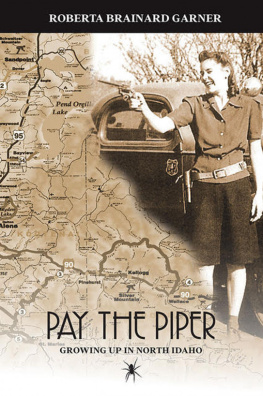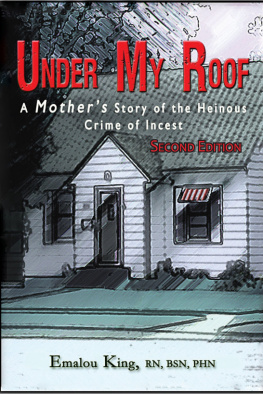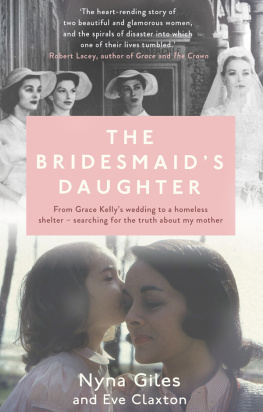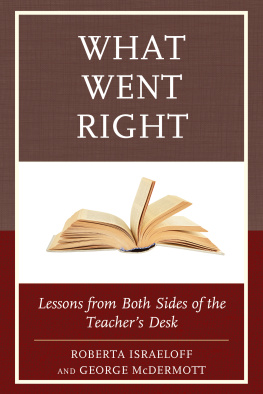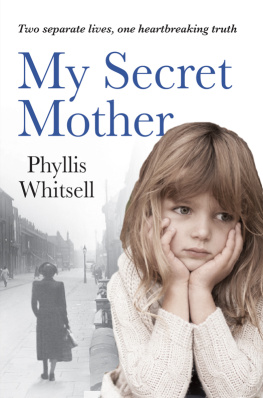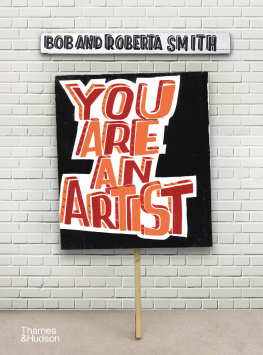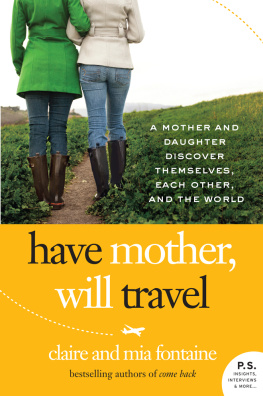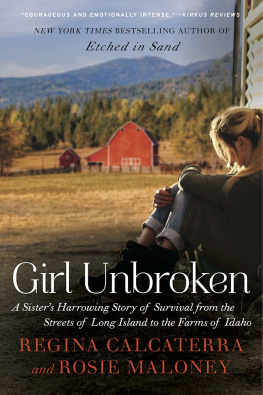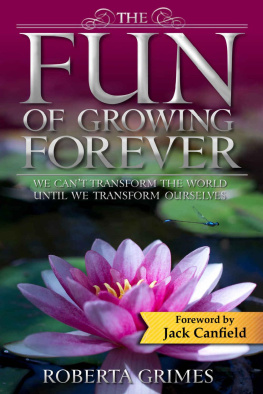Pay The Piper
Growing Up In North Idaho
By
Roberta Brainard Garner
Copyright 2020 by Roberta Brainard Garner
All rights reserved. No part of this book may be usedor reproduced by any means, graphic, electronic, mechanical, ordigital, including photocopying, recording, taping, or by anyinformation storage retrieval system without the express writtenpermission of the author except in the case of brief quotationsembodied in critical articles and reviews.
Cover and book design by
Amy Livingstone, Sacred Art Studio
sacredartstudio.net
DEDICATION
My husband:Bruce Garner, who was there for a lot of it and therefore, he getsme.
My two kids: Beau-Daniel (Becky Jordan) and CaspianAshby (Seth Orr), who probably had only an idea.
My six grandkids: Hazel Garner, Henley Garner, HoldenGarner, Junabelle Ashby Orr, Aeris Ashby Orr, and Maugrenn AshbyOrr, so that they may know their grandma better.
My siblings: Dan Brainard and Kathy Brainard, and allof my cousins, who probably had an inkling.
MANY THANKS
Jill Kelly,PhD, editor extraordinaire, who has the ability to coax a personsstory right out of them even if its reluctant to make anappearance. A more encouraging human being is impossible tofind.
Amy Kelley, a woman of great kindness and patiencewith the capacity to teach a writer how to use a computer. Herimmediate responses to my signals of distress made this bookpossible. A no-nonsense approach that included the directive MOVEas she kicked me out of my desk chair to correct my on-screenblunder was always appreciated.
Becky Garner, whose ability to capture hermother-in-laws good side is remarkable. I didnt know I had one.Her expertise in the world of design allows my story to find itselfin book form.
TABLE OF CONTENTS
PROLOGUE
Because I was raised by a school teacher, my brotherexplained with quiet pride in his whiskey-tinged voice.
It was 2013, we were playingScrabble, and it was his turn. Id asked how he knew the word hewas spelling out with the tiles; I didnt think he was spelling itcorrectly. Why do you think youre right?
I was raised by a school teacher,little sister was his comeback.
Oh yeah, I forgot. I rolled myeyes. I was raised by an outlaw.
Same mother, same father, hell,all in the same house even. But it was different. Though we wereboth referring to the same woman, the mother who raised my brotherwas different from the mother who raised me. You see, we were bornin different eras of her life. He was born in her family-oriented,cozy 1950s; me in her callous, screw-you 1960s. While my brotherwas basking in a Leave It to Beaver wholesome upbringing,the wheels of change were turning in our mother, and it was only amatter of time before the other Dorothy would emerge.
The comment my brother made aboutbeing raised by a schoolteacher was the impetus I needed to startwriting about our mom. When I could so easily say that I had beenraised by an outlaw, there was a story that needed to betold.
Im going to tell the storybecause I think it is interesting. There will be some incredibleparts, and at the same time, Ill just tell the truth, noembellishment. I dont need to stretch the truth since the truthwill be entertaining enough on its own.
But first I need to get somethingout of the way. A question I have for myself. Why am I going towrite this story? Because I would like to have a record of where Icame from and what made me. Or better yet, who made me.Hopefully in the long run I will understand myself better and inthe short run, my kids and grandkids might know me better. Afterall, I am an introvert and I dont talk much about myself. Therewill be things I write in these pages that may surprise or evenstartle my progeny. But my hope is that, someday, my descendantsmay come across this book and say, Hmmm, that explains alot.
Its 2019 as I am typing away andif youre reading this in, say 2065, you may be mygreat-great-grandchild. My name will not be familiar to you, yetyou may have heard a snippet of a story about one of your ancestorswho was raised in Idaho by an unlikely pair of characters. She wasshaped by her irregular upbringing and she survived to tell aboutit. Maybe you have even inherited some of her quirks. You might beable to see a little of yourself in her. Hopefully if you do, itwill be a positive characteristic of which you areproud.
Okay, Ive set the stage andthats enough beating around the bush. Thats an old saying thatmeans, stop dragging this out and get to the point. Heregoes.
February 2020
LIVING THINGS LEFT ALL ALONE
Why I thoughtthat old cat could live in the closet on our back porch, Ill neverknow. She lived there in the closet for quite a while.
I called the cat in the closet OldGray. She had long gray hair and she coughed a lot. She was one ofseven or eight cats my family always had; there were always threeor four dogs as well. A revolving door of dogs named Bo, Max,Saber, or Tarzan and even a French poodle named Fifi. These canineswere my protective companions as I played alone in the countryside.Cats were usually named Ernie, Tom, Blackie, Whitey, Missy, Calico,or Gray. They sneaked through tall grass in the back yard, loungedon the cool concrete of the patio, or tussled with an unlucky mouseor songbird. Mainly they were just everywhere doing feline thingsand enjoying life.
What made Old Gray different wasthat she had chosen to take up shop in an isolated place. She wasan introvert. Thats probably why I was drawn to her. Her house wasa pile of old bald tires stacked in that closet. The closet wasoriginally intended to hold yard tools, rakes and shovels and such,and it probably did at some time. When I was a kid though, thecloset had become a catchall for anything that needed a place tobe. Someone had thrown in a piece of cardboard and some old ragsand that was where she made her bed atop the tires. The walls ofthe closet were coated with spider webs and thin cracks let in alittle air. Most days I would open the closet door and she wouldblink at the unexpected daylight blasting into her world. I wouldspoon some cooking oil down her throat because I thought it wouldhelp her cough. Yep, I had funny thoughts. I dont know whathappened to her. I think I must have forgotten about her, and shemust have died in that closet.
A few years later, I came across aneglected baby in the upstairs bedroom of a family who lived in ourneighborhood for only a few months. Edith was the babys oldersister and she told me they kept the baby in the dark room becauseshe had sore eyes. I was drawn to that bedroom and I peeked throughthe door that was ajar. The room was musty and I carefully tiptoedthrough the piles of clothes that lay against the door. A sour odorwafted up as I bumped the damp towels and soiled socks with mytennis shoe.
Once inside the room, I could makeout tiny gasping sounds coming from a basket in the corner. Itscared me and I hurried back down the winding stairs to where theolder girls were gathering. How this family landed in tiny ElkCreek, I never knew. They didnt fit in. They had moved into ahouse owned by one of the old neighborhood families, rented it fromthem, I guess. These days it wouldnt be odd for a rental house toexist in the midst of family-owned homes, but back then, in a smallburg in 1960s Idaho, it was uncommon. This family just showed up,settled in, and nobody knew where they came from. I realizedsomething was wrong in that house, but it didnt occur to me thatthis living thing was being neglected, that this helpless infantneeded attention, that someone needed to speak up for it. I neverthought to question someone about it and I didnt tell anyoneeither. I must have figured if something was seriously wrong,somebody, an adult, would look into it and determine if it was okayto leave the baby there.

